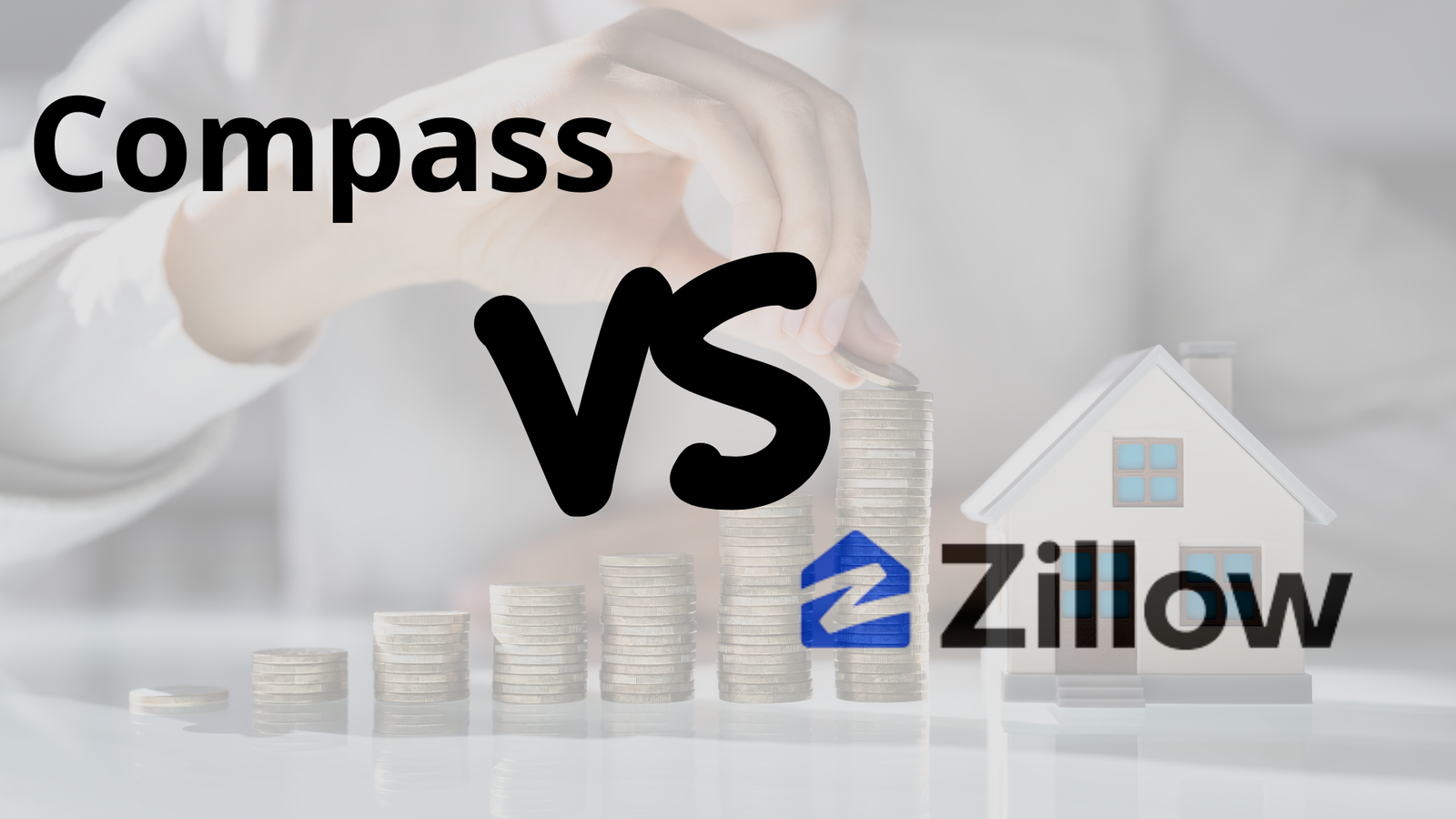“Is this the end of exclusive listings as we know them—or just the beginning of a smarter marketing era?”
That’s the question I’m asking as the real estate industry braces for Zillow’s updated listing standards, set to take effect on June 30. As someone who has followed platform dominance and brokerage strategies closely, I see this as more than a policy change—it’s a strategic chess move that could reshape how agents market homes and how buyers discover them.
Table of Contents
ToggleHow the Compass-Zillow Listing Ban Could Reshape Real Estate Marketing
On June 30, Zillow will begin enforcing a ban on publicly marketed private listings, aligning with the National Association of Realtors’ Clear Cooperation Policy (CCP). This change targets listings not made widely available through MLS. Compass—known for its “Private Exclusives”—stands to be the most affected, with over 7,000 such listings on its platform. Analysts like Mike DelPrete expect Compass agents to bear the brunt of this policy, even as they roll out a three-phase marketing plan to adapt.
Compass vs. Zillow: 4 Key Takeaways
1. Private Exclusives Are Losing Their Edge—But Not Their Purpose
Compass’s Private Exclusives were built on the premise of discretion and control. While Zillow’s policy reduces their visibility, these listings still offer value in luxury and off-market trends segments. The ban forces agents to rethink how to leverage exclusivity without violating platform rules.
2. Platform Power Plays Are Reshaping Agent Strategy
Zillow isn’t just a portal—it’s the front door for millions of buyers. With this move, Zillow strengthens its grip on the customer experience. Compass agents now have to walk a tightrope: preserving client confidence while adapting to shifting digital exposure rules.
3. Marketing Matters More Than Ever
Compass is countering the policy change with a three-phase marketing plan: starting with Private Exclusives, then local promotion, and finally MLS syndication. This staggered approach may not reach Zillow users early, but it offers layered visibility that can appeal to different buyer profiles.
4. Brokerage Differentiation Will Intensify
This clash could accelerate differentiation between agent-led brokerages like Compass and portal-driven ecosystems like Zillow. Expect more agents to align with brands that offer marketing autonomy—even if it means sacrificing early exposure.
What Should Buyers, Sellers, and Agents Do Now?
For Sellers:
- If you’re listing with Compass, ask about how your home will still reach buyers despite the Zillow limitation.
- Understand the three-phase marketing plan and how it affects timing and exposure.
For Buyers:
- Don’t rely solely on Zillow. Many quality homes—especially in high-end markets—start as Private Exclusives and may not show up on mainstream portals right away.
For Agents:
- Communicate proactively with your clients about the new listing visibility rules.
- Explore multi-platform strategies beyond Zillow, and consider using tech-driven marketing tools to fill visibility gaps.
Quick Explainer:
What is the Clear Cooperation Policy (CCP)?
The CCP is a NAR rule requiring that any listing publicly marketed (like on social media or emails) must be submitted to the MLS within one business day. It aims to promote transparency and fair access to listings but limits off-market promotion strategies like Compass’s Private Exclusives.
Tech Can Fill the Gap—If Used Right
While Zillow limits access to Private Exclusives, modern platforms now offer targeted digital marketing, AI-driven buyer matching, and localized ad campaigns—all without violating CCP. Agents who embrace these tools can still generate strong buyer interest without early Zillow exposure.
Reader Q&A:
Will other brokerages be affected by this change?
Yes, but Compass is expected to feel it the most due to its scale of private listings.
Does this mean the end of private listings?
Not necessarily. Private listings can still exist—but how they’re marketed will change under CCP and Zillow’s enforcement.
How can I see homes not on Zillow?
Work directly with agents or brokerages offering early-access listings or private inventory options. Many top-tier properties never hit public portals.
Final Thought:
This isn’t just a battle over listing visibility—it’s a turning point in how trust, technology trends, and transparency collide in the real estate market. As this story unfolds, smart agents and informed clients will be the ones who come out ahead.
